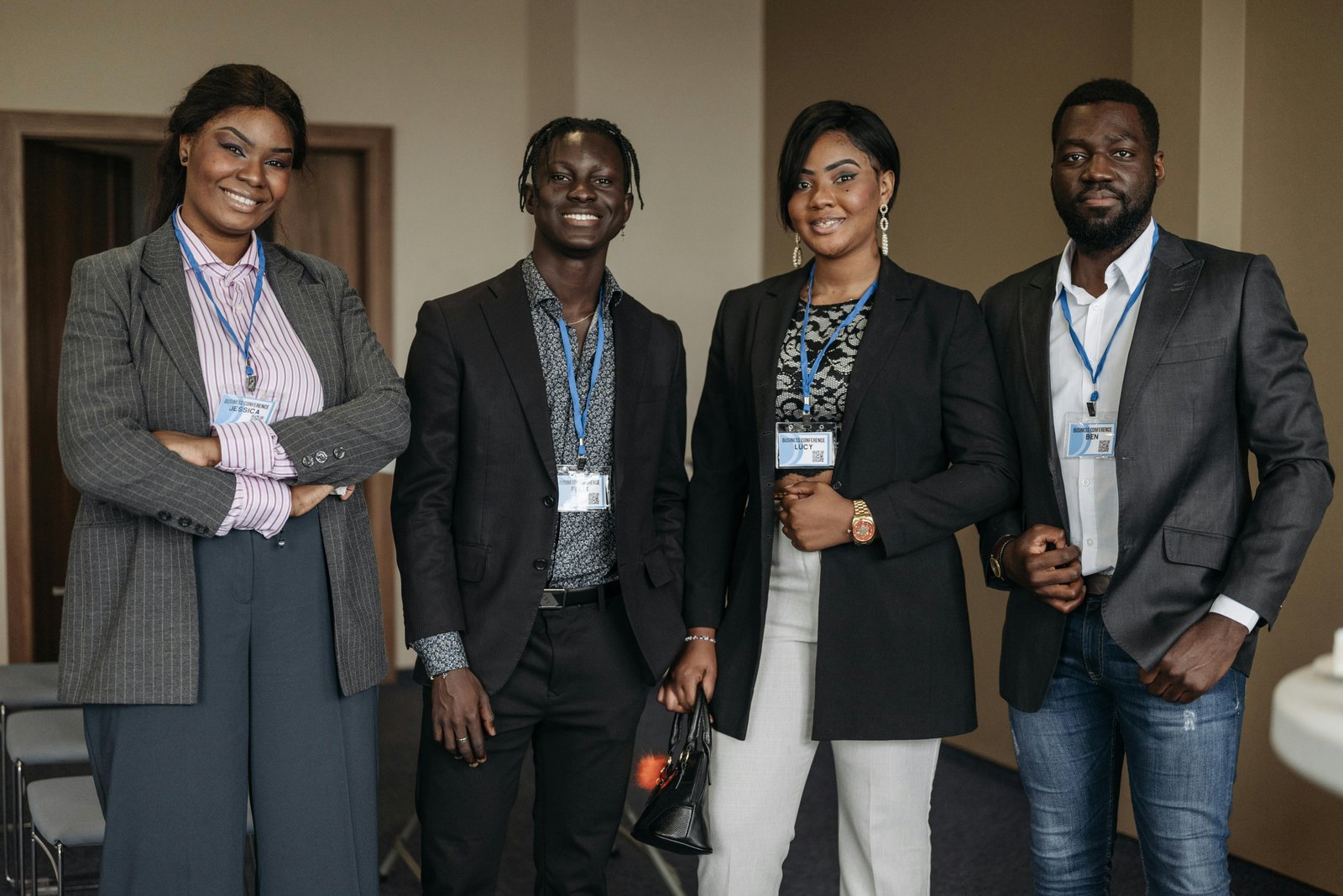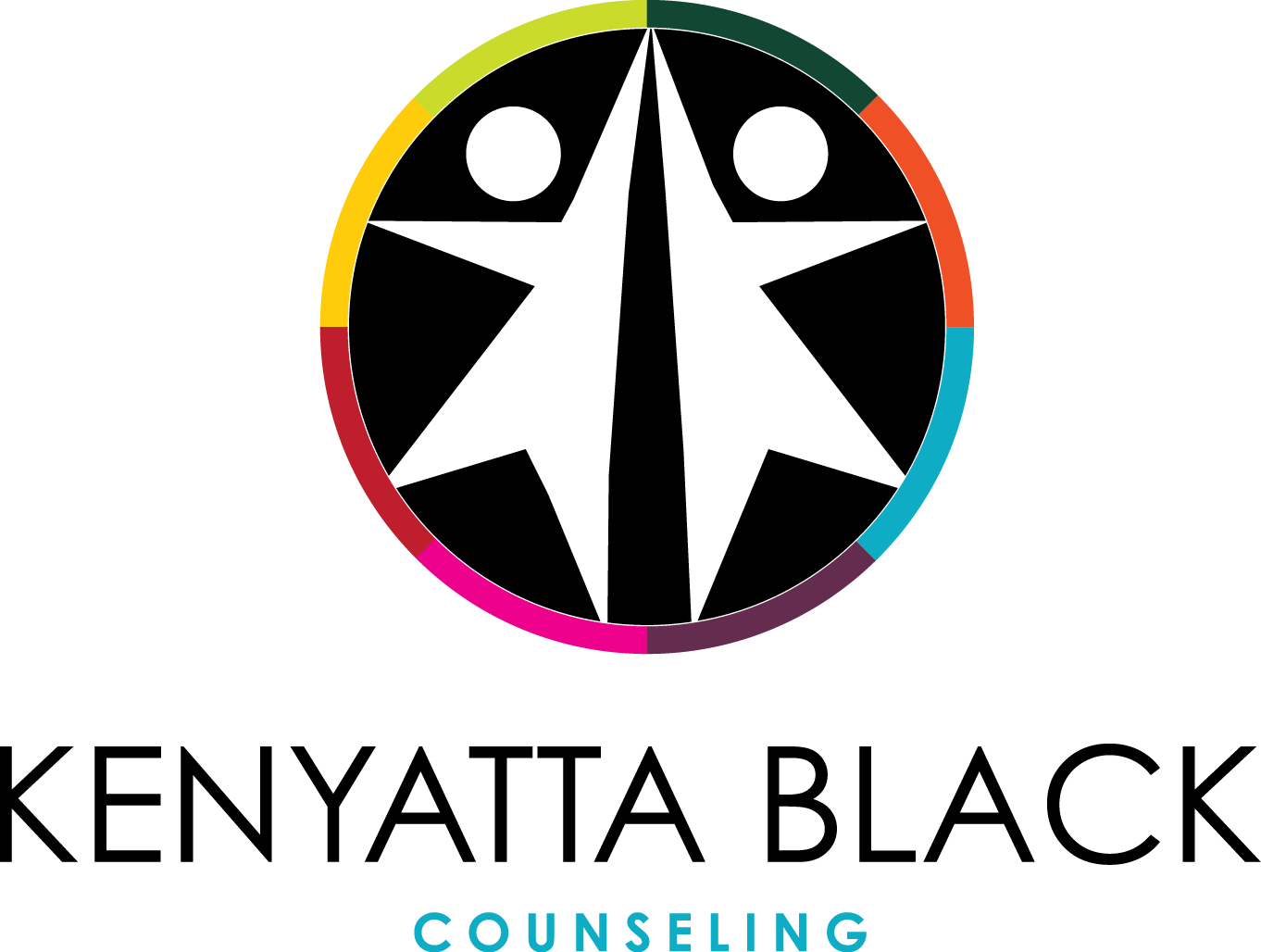
In today’s fast-paced and increasingly complex world, the value of therapy cannot be overstated. With rising rates of anxiety, depression, and trauma—particularly among people of color—access to culturally competent care is more essential than ever. At Kenyatta Black Counseling, we recognize the powerful impact Black therapists can make in helping individuals heal, grow, and thrive.
Understanding the Importance of Representation
Representation in mental health care matters deeply. For many Black clients, seeing a therapist who looks like them and understands their lived experiences fosters a sense of trust, safety, and belonging. Black therapists often bring a shared cultural context that allows clients to feel seen, heard, and understood on a deeper level.
This kind of representation helps dismantle long-standing feelings of alienation in traditional mental health settings. It empowers individuals to engage in therapy without feeling the need to educate their counselor on basic racial or cultural issues.
Empathy and Relatability: Building Deeper Connections
One of the most powerful assets Black therapists offer is genuine empathy grounded in shared cultural or racial experiences. Many have faced microaggressions, systemic barriers, and identity challenges themselves. This lived understanding helps clients feel validated rather than judged, allowing for more honest conversations and meaningful breakthroughs.
When Black clients talk about racial trauma, family dynamics, or workplace discrimination, Black therapists often respond with deep, personal understanding—not just clinical detachment. That shared resonance builds trust and accelerates healing.
Breaking Stigmas in the Black Community
Mental health stigma has long been a barrier in many communities of color. Seeking therapy was often viewed as a sign of weakness or secrecy. Black therapists are helping to rewrite that narrative.
By speaking openly about mental health, sharing their own journeys, and modeling self-care, Black therapists are changing perceptions. They show that asking for help is a courageous, empowering step—and that healing is possible.
Cultural Competence in Practice
Cultural competence goes beyond basic awareness—it’s about fluency in the social, political, and historical factors that shape Black lives. Black therapists are often uniquely positioned to understand:
Racial identity development
Intergenerational trauma
Community-specific stressors (e.g., police violence, economic disparity)
Family systems shaped by cultural values and history
This insight leads to more effective, affirming care. Therapy becomes a space not just to cope, but to grow in culturally rooted strength.
How to Find a Black Therapist in 2025
If you’re searching for a culturally matched therapist, here are several ways to find one:
Online Directories: Use filters for race/ethnicity on platforms like Psychology Today or Therapy for Black Girls.
Community Referrals: Ask trusted friends, churches, or cultural centers.
Social Media: Many Black therapists use platforms like Instagram or LinkedIn to share their work and insights.
Telehealth Services: Virtual therapy expands access—especially for those in rural areas or places with fewer in-person options.
Remember, the goal is finding a therapist who resonates with your identity, values, and goals.
Conclusion: Healing With Empowerment
In 2025, the need for representation in therapy is more urgent than ever. Black therapists bring essential insight, empathy, and advocacy to their work—creating spaces where clients can show up fully and heal deeply.
If you’ve ever searched for an “African American therapist near me,” take that as a courageous first step. You deserve support that honors your story and uplifts your voice.
At Kenyatta Black Counseling, we are here to walk beside you. Let’s break cycles, build resilience, and reclaim mental wellness—together.
